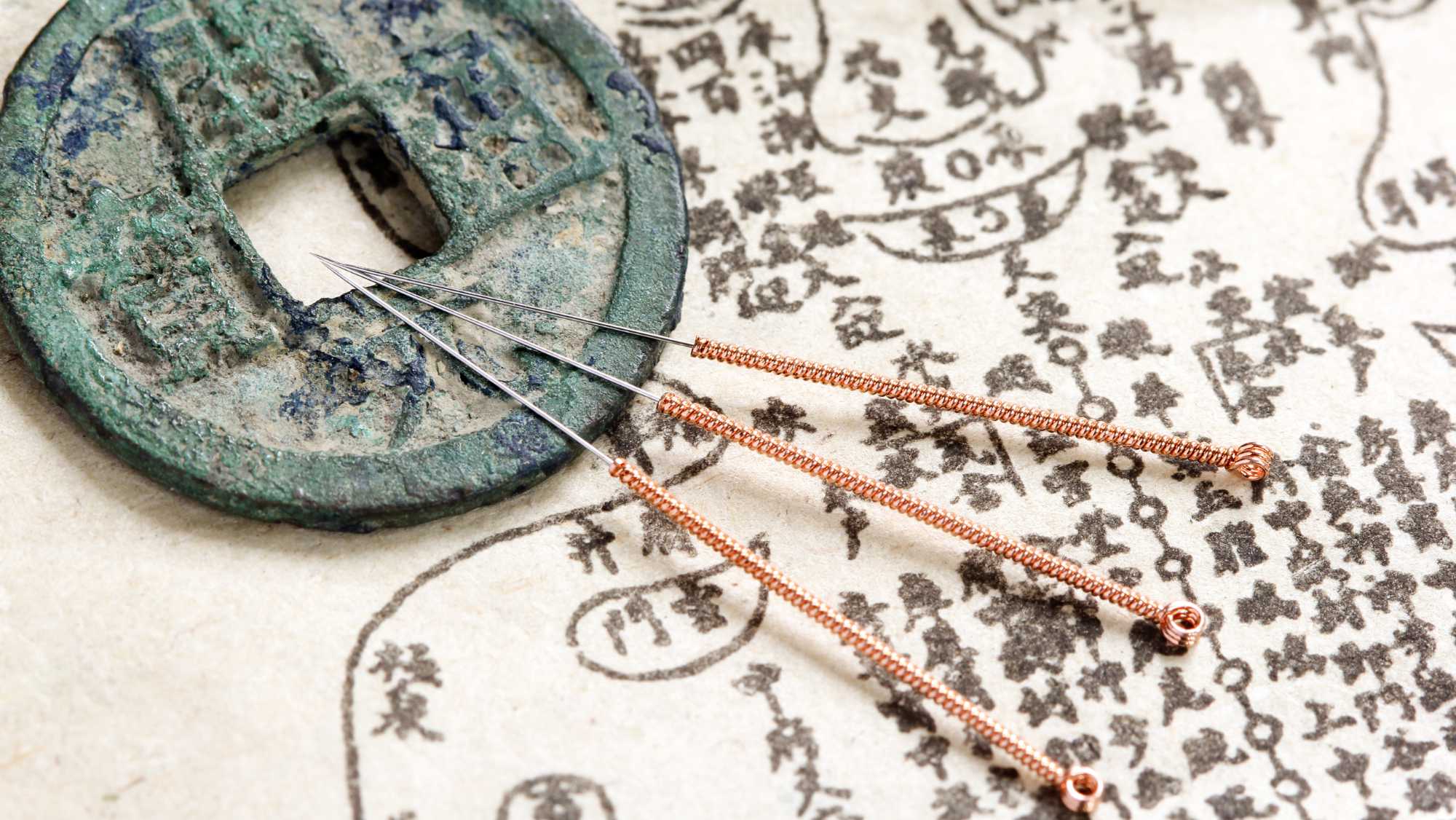This blog post is going to focus on Chinese medicine and the winter season. This winter series will be broken up into three parts:
Winter Series Table of Contents:
The Basic Concept
According to Chinese Medicine, Winter is the most Yin aspect of the year, whereas Summer is the most Yang. In contrast to Summer, Winter is very Yin with an inward or receptive energy. In traditional Chinese medicine, this season is characterized by the Water element, the color is black, the organs are Kidneys and Urinary Bladder, and the emotion is fear. It is also connected with teeth, bones, ears, and scalp hair.
In modern medicine, the kidneys are associated with the filtration of blood by removing waste products. In Chinese medicine, apart from the Kidney’s function to store, reproduce, grow, and develop, it also stores a person’s essence. The kidneys have a key role to play whether we look at them through Chinese or western medicine.
The essence stored in the Kidneys is inherited or gifted from a person’s parents. The essence is an individual’s genetic disposition, and therefore, the Kidneys are connected to the origin of life in traditional Chinese medicine. This essence is critical for human growth and development. As we start aging, Kidney essence starts to diminish and we begin to see various health issues. Some of these issues are reflected as deafness, weakness in bone, joint aches and pain, hair loss, etc.
As mentioned earlier, Winter is the most Yin aspect of the year. Because of this fact, Winter is the deepest, most receptive period, and connected with emotions on a profound level. Therefore, this time of the year can be lonely and very depressing for many people, and often people may suffer from seasonal affective disorder (S.A.D.).
One of the secrets to living a healthy life is to live according to the seasons. For Winter, this means getting plenty of good rest, nourishing your Kidneys with seasonal food, and receiving acupuncture to balance your physical and emotional health.
Tips for Healthy Winter
Are you feeling “low energy,” “sad,” “anxious,” or have the “winter blues”? Guess what, you are not alone, we all suffer due to the imbalance of energy. With the days getting shorter, darker, and colder, it affects our mental, emotional, and physical health. As a result, our energy levels drop, and many of us unknowingly catch the flu, a cold, or have digestive issues. Here are some tips to help you be in harmony with the winter season
Slow Down
In nature, most activities slow down this time of year. There is less movement on the trees, birds and animals hibernate. This is a good time for us, to find a comfortable place to mediate or practice activities such as Qigong or Yoga.
Help Your Kidneys
According to traditional Chinese medicine, the Kidneys and the Urinary Bladder are associated with Winter. Some of the common issues associated with Kidneys include symptoms such as hearing problems, low back pain, knee pain, urinary issues, infertility, and toothaches. It is vital to cover ears and neck so cold doesn’t invade the body. Slow movement activities such as Qigong and Yoga are helpful to keep body aches and pains away.
Emotions
In Chinese medicine, fear is associated with Winter and therefore with the Kidneys. Excessive fear can damage the normal functioning of Kidneys and Urinary Bladder. This results in poor bladder control, resulting in frequent urination. Hence we have a tendency to urinate when experiencing nervousness. For people who are prone to anxiety, sadness, worry, or live with fear, these emotions can get very intense this time of the year and create imbalance within the body. Therefore, it is very important to slow down, meditate to make our inner selves stronger, and gently overcome these emotions.
Learn more about how to manage stress.
Winter Clothing
Wear clothes according to the season. There will be days when the temperature may increase and it might feel like a non-winter day, but one must not forget, the essence of Winter is Cold. Dressing up according to the season is important in an effort to stay in harmony with the season.
Sleep
As the days are starting to get shorter, it’s vital that we get plenty of rest this time of year and sleep longer hours. Sunshine during this time of the year is limited, which means there is less Yang energy, so it is important that we conserve our energy.
And if it snows, go outside and play in the snow. Since we stay indoors most of the winter season, it is important to get some fresh air.
Seasonal Foods for Winter
Most of us know that eating healthy food is important for having improved immunity. The nutritional value of the nutrients in food plays an important role in selecting the food we eat, but in Chinese medicine, the essence of the food plays an important role in staying healthing and living in harmony with the winter season.
Eat Cold Food in Moderation
It is a good idea to minimize consumption of raw salads in an effort to keep your body temperature warm. Leave those salads for the summer. Avoid iced foods and drinks such as smoothies, frozen foods, cold drinks.
Satisfy Sugar Cravings
Many of us experience an increase in sugar cravings this time of the year. According to Chinese medicine, sweet flavors belong to the Spleen and an excess consumption of sugar can damage the Spleen. Therefore, it is important to be mindful of consuming that extra sugar. However, sweet cravings can be supplemented by various traditional recipes such as using baked apples and pears.
Cook It Slowly
The aim of foods for this time of the year is to provide Yin and Fluids to the body. Cooking foods slowly at a lower temperature but for longer periods of time, using various broths, hearty stews, and root vegetables, will help to maintain and generate heat in the body without damaging the Yin.
Check out the benefits of bone broth and get the recipe here.
Nourish the Kidneys
Kidneys belong to the winter season. Take care of the Kidneys by eating foods that nourish them this time of year. Foods that help to nourish the Kidneys are kidney beans, black sesame seeds, dark leafy vegetables, walnuts, chestnuts, stews with legumes, lamb, and beef.
Spice It Up!
There are many spices with a warming nature and when added to foods such as soups, stews, or desserts, they will enhance the warming nature of the dish. Some of these commonly used spices are star anise, nutmeg, cinnamon, cloves, and cumin. Using these spices with moderation in various recipes will add flavor and health benefits.
I hope you enjoyed reading this series as much as I enjoyed sharing it with you. Happy Winter!







